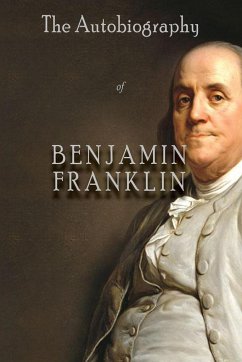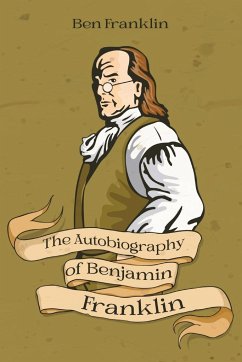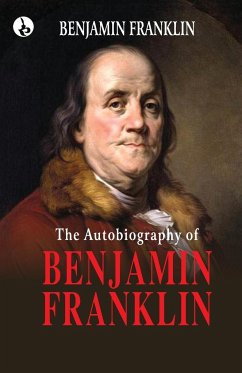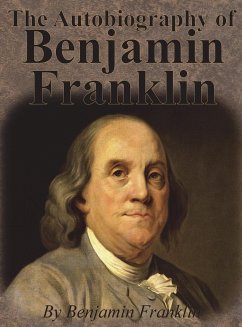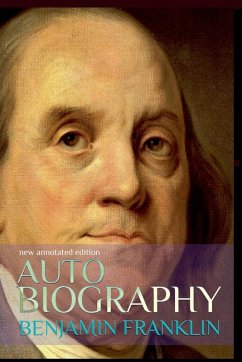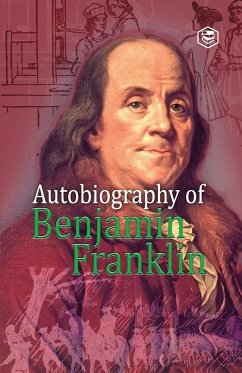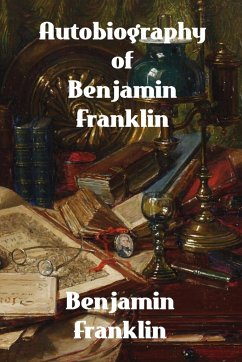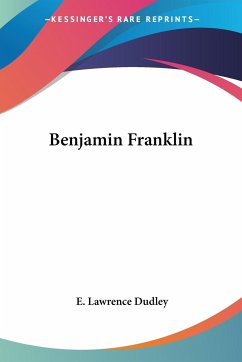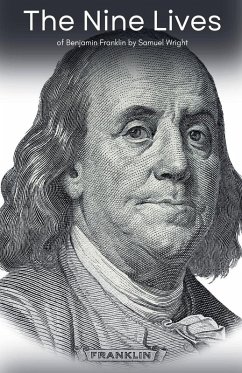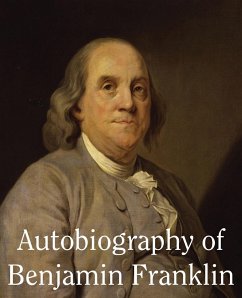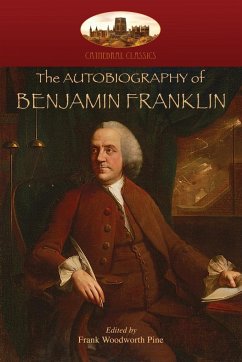
The Autobiography of Benjamin Franklin
Edited by Frank Woodworth Pine, with notes and appendix. (Aziloth Books)
Versandkostenfrei!
Versandfertig in 1-2 Wochen
13,99 €
inkl. MwSt.

PAYBACK Punkte
7 °P sammeln!
This account stands as a classic among autobiographies, a compelling and easy read about a man who, from lowly beginnings in Boston, rose to become a hugely-respected public servant, writer, scientist and inventor and who went on to play a key role in the American Revolution and the founding of the United States. Franklin’s autobiography, published after his death, is an unfinished collection of memoirs written over four different periods of his life. It starts in the form of a letter to his son, William, and describes aspects of his childhood in Boston in the early 1700s and his move to Phi...
This account stands as a classic among autobiographies, a compelling and easy read about a man who, from lowly beginnings in Boston, rose to become a hugely-respected public servant, writer, scientist and inventor and who went on to play a key role in the American Revolution and the founding of the United States. Franklin’s autobiography, published after his death, is an unfinished collection of memoirs written over four different periods of his life. It starts in the form of a letter to his son, William, and describes aspects of his childhood in Boston in the early 1700s and his move to Philadelphia where he set up a successful printing business. The many contributions he made to public causes grew out of a strong sense of civic duty, and a stringent work ethic that formed part of his "plan for attaining moral perfection", which is detailed in the second period. The last two sections cover his impressive political and scientific work and give the reader an insight into the developing tensions between the American colonies and the British crown. A polymath of immense standing, Benjamin Franklin stands out as one of the most highly esteemed figures of the eighteenth century.



